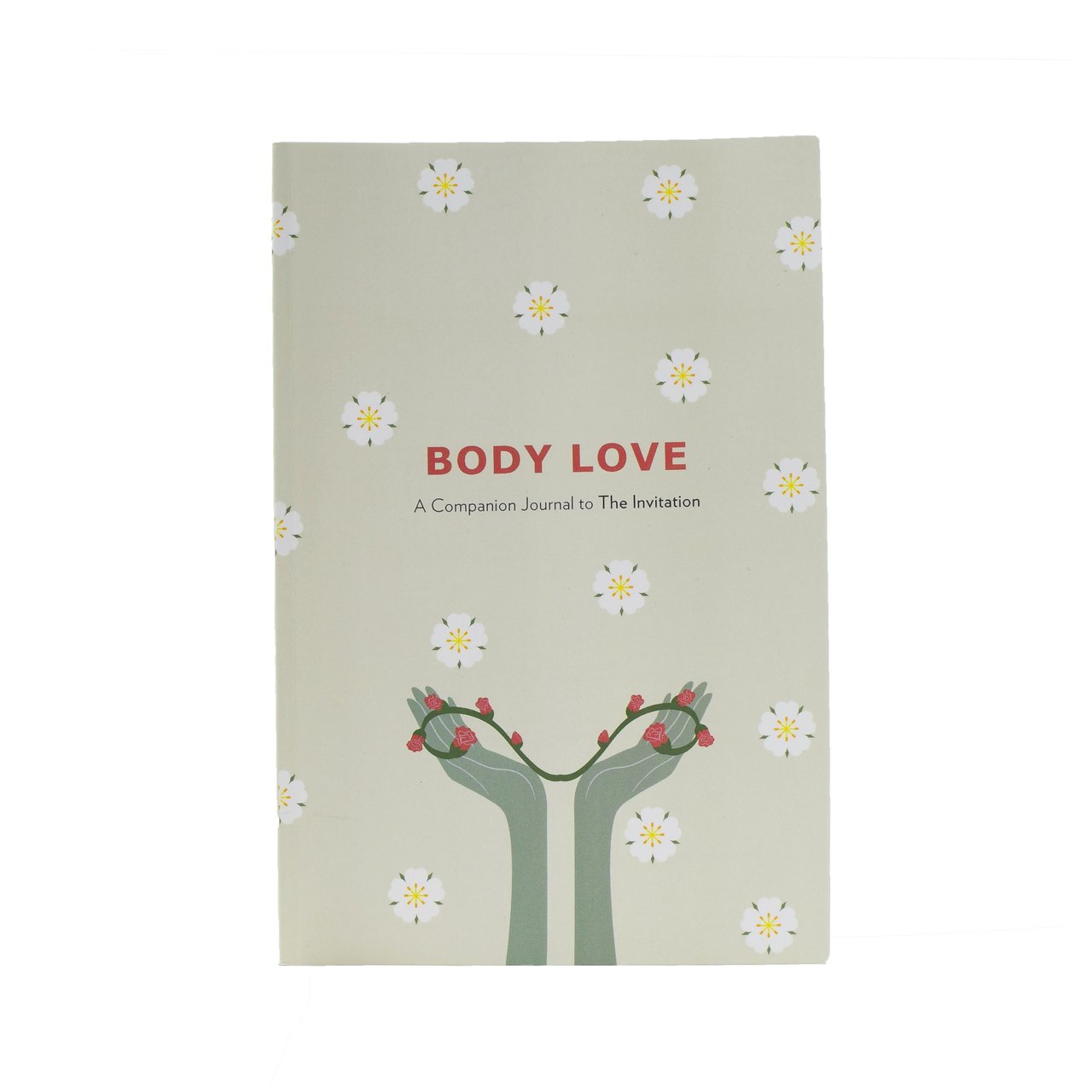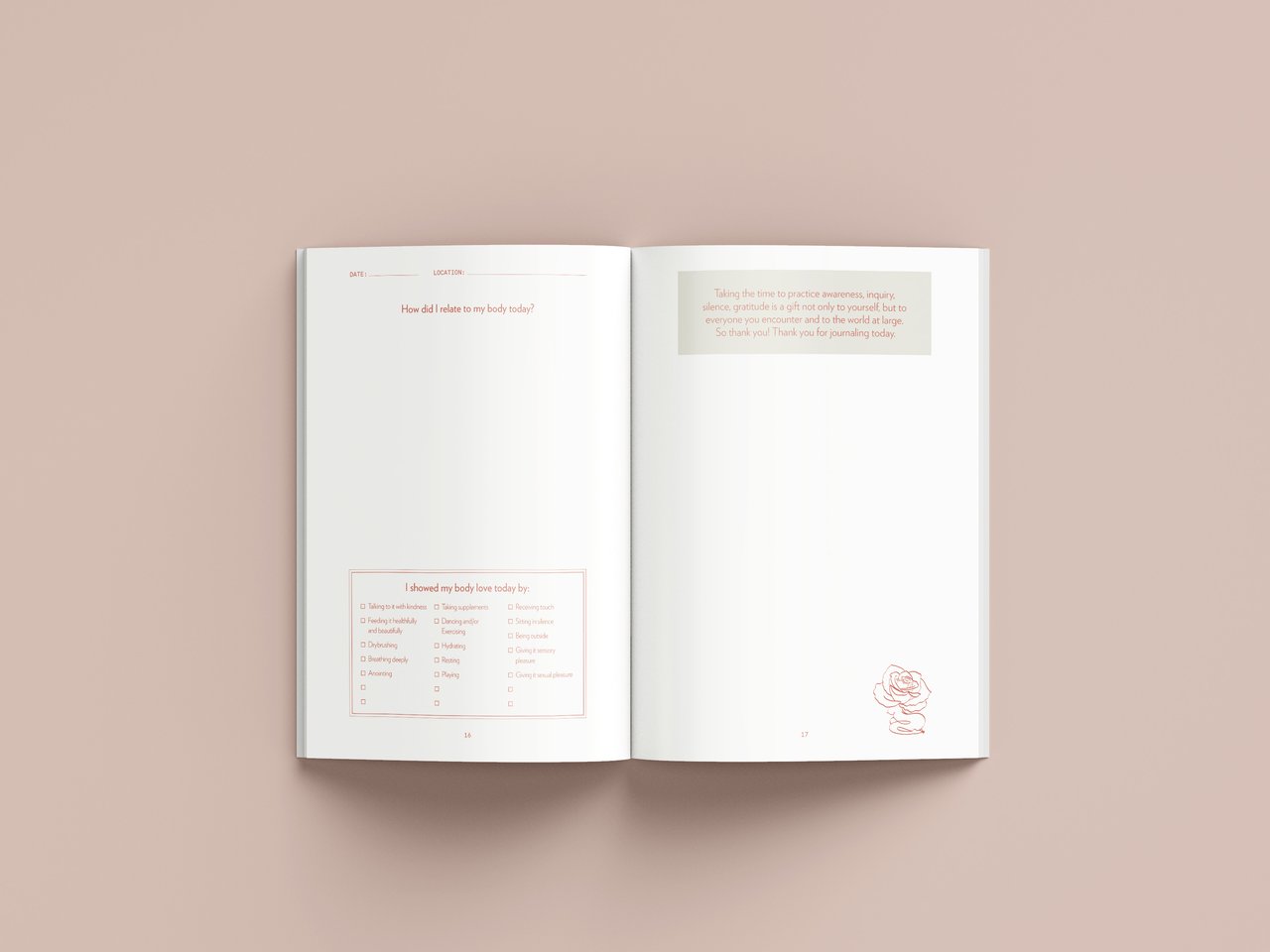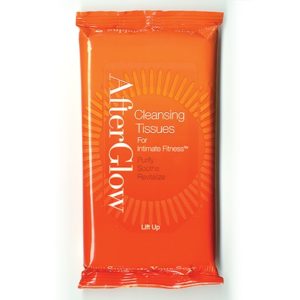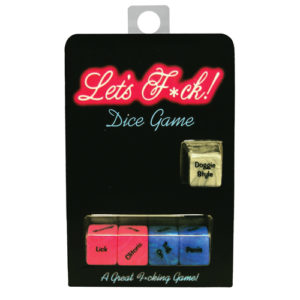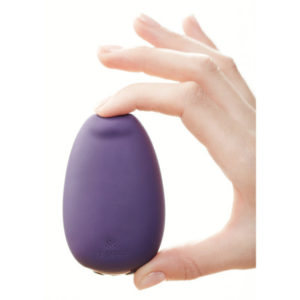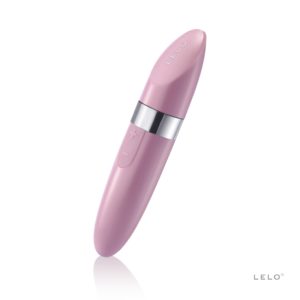Description
This journal supports an intentional practice of changing your relationship to your body for the better. It includes quotes, questions, checklists for self-care, and pages for a six-week-long daily inquiry and writing practice.
The journal pages contain a checklist of suggestions on how to show your body love on a daily basis. There are also blank boxes for you to write in your answers. You might add other boxes for other actions and rituals—like “doing my physical therapy exercises,” or even highly targeted interventions like “massaging the scar tissue on my knee.”
It’s our perspective that humans are incarnate spirits, woven of consciousness and energy. While we have a permanent consciousness (or “soul”) that isn’t anchored to the body, we are living in a body. Our bodies’ health responds to our thoughts, as well as to the thoughts of the collective culture. When those thoughts are negative, they can limit our freedom and happiness.
Body dissatisfaction is pervasive in American women. 90.2% of women, across the age spectrum, are dissatisfied with their bodies. This is harmful to their mental health, as this dissatisfaction often leads to depression, anxiety and eating disorders. It also impacts sexual satisfaction (including arousal and orgasm): the number one predictor of how satisfied a woman is sexually is how she feels about her own body. Relationships are also impacted: when women reject their partner’s advances because of how they feel about their shape or size. Moreover, 35% of women report thinking about their weight or body shape negatively every day.
Author Christine Marie Mason says, “This obsession with body size, shape, firmness and function isn’t only about health: it keeps women immensely distracted from all of the other domains of life. If a woman is set free from cultural assumptions and ingrained messages about how her body should be, and instead becomes content with her body, enjoying it and treating it right because it’s how you’d treat anything you love, well that mindspace is freed up for a hundred other potential activities. It’s also just true: bodies are miraculous, no matter the size and shape, and this polymorphic diverse embodiment constitutes the beauty of the human species.”
Those beliefs can be unwound. Body Love Journaling, and the suggested self-care practices in the checklists, are designed to support a reintegration: a restitching together of the body, mind, and spirit.
In addition to these exercises, questions are sprinkled throughout the book. They were created to help you evoke and examine the cultural beliefs that you’ve inherited about your body. They are questions about sex, shape, size, function, illness, and aging. About who your body belongs to, and who can make decisions about it. About what it can eat or drink or ingest. About what medical procedures are allowed and disallowed—even about how your body should be dressed. We ask things like: “Is your body here to please others?” “How is a person’s body related to a person’s worth?”
Our hope is that, upon examination, there are some beliefs you might like to leave behind forever!

